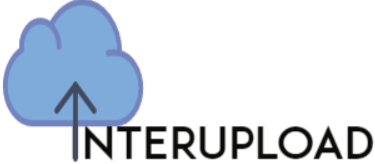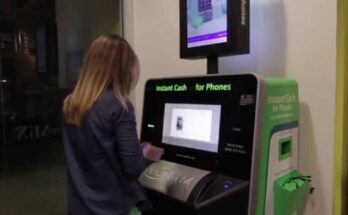The new coronavirus has changed the way we live. Although nonprofits may not be able to hold galas or other in-person events, there are many possibilities for sustaining donor engagement and involvement during this global public health crisis. Find out how nonprofit data and the right nonprofit database software can optimize remote and virtual fundraising.
How Having an Accurate Nonprofit Database Helps With Outreach
Event cancellations and social distancing measures for the COVID-19 virus make keeping important records more challenging and important than ever. Nonprofit organizations are tasked with keeping track of supporters who may check in with progress on the causes they cherish less frequently. At the same time, causes that have moved toward a primarily digital mode of providing information and fundraising may experience an unprecedented level of attention and engagement.
An email address, phone number or physical address is necessary for an organization to contact any supporter remotely or virtually. The accuracy of all of this information must be preserved in a Blackbaud Raiser’s Edge NXE or Salesforce nonprofit software integration. Third-party software makers specialize in data integration solutions for importing, exporting and improving the quality of data to drive better response to outreach and continued donations during the ongoing crisis.
What Nonprofit Data Can Tell You About Your Donors
The data a nonprofit keeps on donors is its most valuable resource. In addition to informing organization staff about the specific identity of a donor in the form of his or her name and contact information, this data can also be useful for segmenting a pool of potential donors. When you segment a donor pool, you can tell how many donors are most likely to give and extrapolate information about likely potential donors based on individuals who have already given to your cause.
The age, gender and location of a donor are all helpful for targeting marketing. In addition to these basic details, an organization should also keep donation records that include the date, time, amount given and platform on which a donation was made for accounting and fundraising purposes. All of this data is useful for determining when to contact the donor in question again, but also for finding effective ways to reach out to and connect with similar donors at this difficult time.
Data about donors and donations can come together to allow for more successful fundraising campaigns. Comparing these records can provide nonprofit stakeholders with a better sense of who to ask for donations, recommended amounts and the best solicitation methods for likely giving platforms. These strategies are useful at any time, but can be a lifeline for an organization fundraising in 2020 and beyond.
The data an organization has access to is crucial to continue operating throughout the COVID-19 pandemic. Remote fundraising and virtual events can provide opportunities to gain more information about donors and potential supporters than ever before. Social media fundraising campaigns and other peer-to-peer initiatives provide even more types of data that can be used to empower nonprofits to issue more personalized appeals to recurring donors and potential supporters.



